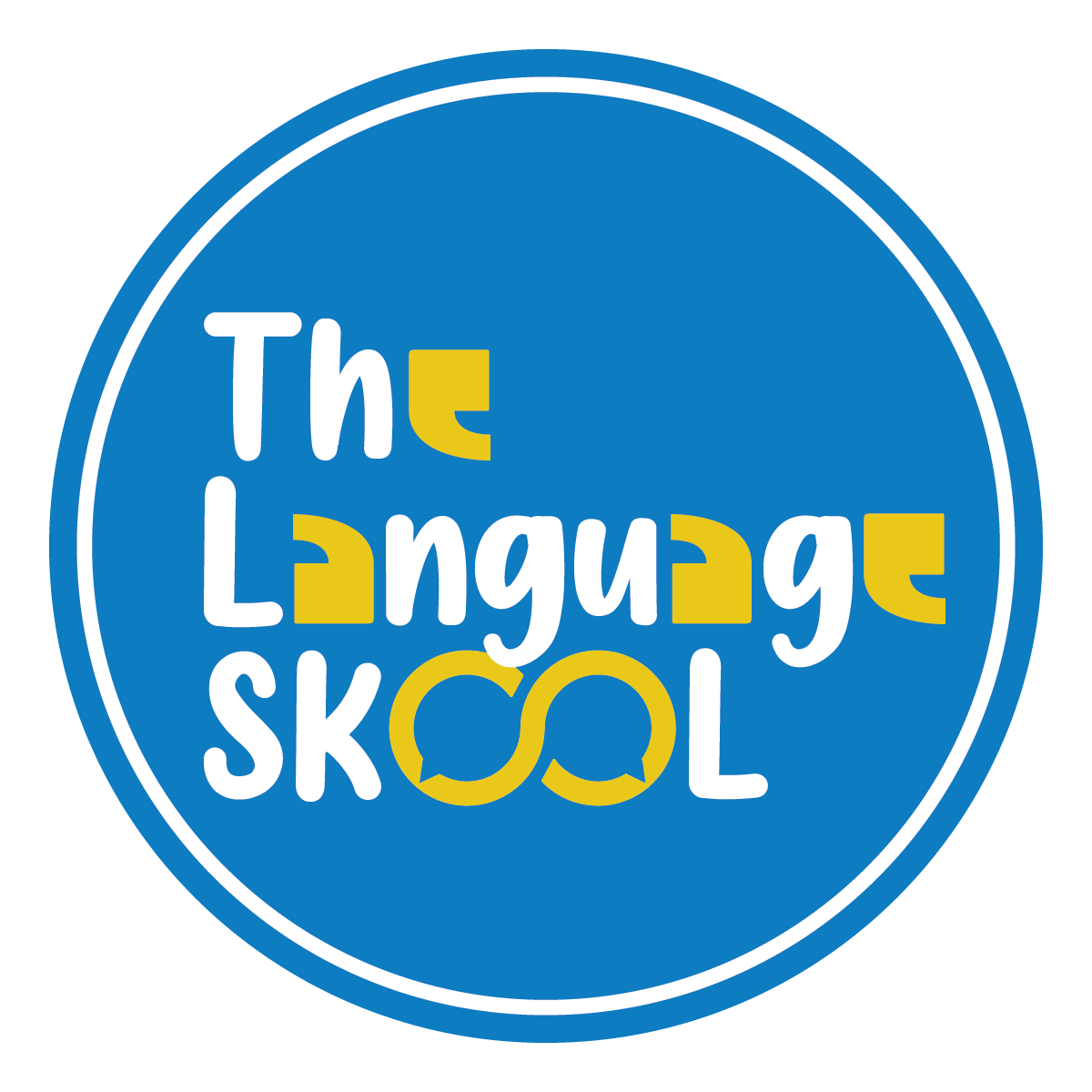
How to Think in German: Tips to Build Fluency Faster
.
Thinking in a new language is the ultimate sign of fluency. It means you’re no longer translating in your head — you’re living the language. If you’re learning German, you’ve probably caught yourself mentally converting English sentences into German before speaking. This slows you down and keeps you stuck at an intermediate level. But the good news is, with a few consistent strategies, you can start thinking in German and accelerate your fluency much faster.
Here’s a step-by-step guide to get there with practical, proven methods that work for learners at any level.
1. Start Small: Replace Everyday Words First
Begin by switching common English words in your head with their German equivalents
For example
Apple → Apfel
Water → Wasser
Car → Auto
Morning → Morgen
Label items in your room or workspace with sticky notes in German. Every time you look at that object, say the word in German in your mind. This builds natural recall without effort
Goal: Replace at least 50 daily-used objects with German names in your mind
2. Talk to Yourself in German
It might sound silly, but internal dialogue is powerful
Try narrating simple tasks like
Ich trinke Wasser
Jetzt mache ich Kaffee
Wo ist mein Handy
This builds habit-forming structures in your brain. Even 5 minutes of internal monologue daily can make a big difference over time
3. Stop Translating in Your Head
The longer you rely on English-German translation, the longer it will take to become fluent
Instead of thinking
How do I say this in German?
think
What would a German speaker say in this situation
Learning set phrases helps
Wie geht’s dir
Ich bin müde
Können Sie das bitte wiederholen
Over time, your brain will recognise entire sentence chunks, not just vocabulary
4. Use Visual and Contextual Memory
German is a visual and pattern-rich language. Connect German words to images, not English translations
For example, instead of thinking Hund equals dog, picture a dog whenever you hear or say Hund. This breaks the dependency on English and wires your brain to process German directly
5. Immerse Digitally Every Day
Even if you don’t live in Germany, you can still create a full German environment around you
Change your phone and laptop settings to German
Follow German influencers or pages on Instagram
Watch short reels or videos on YouTube with German subtitles
Listen to German music or podcasts while walking or cooking
Even 15 to 20 minutes daily trains your brain to hear and respond to the rhythm of the language
6. Join Speaking Circles and Language Exchanges
Thinking in German becomes real when you’re forced to use it live
Join online Sprachstammtisch groups
Use apps like Tandem or HelloTalk to find partners
Take part in one-to-one weekly speaking practice
Even speaking 2 hours a week can speed up your fluency by 3 times, especially when combined with thinking drills
7. Use Timed Thinking Exercises
Set a timer for 60 seconds and describe everything you see or feel in German out loud or silently
Example
Der Himmel ist blau
Ich sehe einen Vogel
Mein Kaffee ist heiß
The goal isn’t perfection, it’s flow. Over time, this helps build mental reflexes in German
8. Keep a German-Only Journal
Start a daily journal in German. Don’t worry about mistakes. Focus on writing what you’re thinking, no matter how simple
Try prompts like
Was habe ich heute gelernt
Wie fühle ich mich gerade
Was möchte ich morgen machen
This trains your brain to express ideas directly in German, not translate them from English
Final Thought
Thinking in German doesn’t happen overnight, but it doesn’t take years either. With the right mix of immersion, intention, and daily practice,you’ll see results in weeks, not months
The moment you catch yourself replying mentally in German without trying, you’ll know you’ve made it
Fluency isn’t just about speaking. It’s about thinking like a native
At The Language SKOOL, we help learners move beyond memorisation into true mental fluency. Whether you’re starting from scratch or aiming for advanced mastery, our approach is designed to make German not just something you study but something you live
Ready to start thinking in German? Let’s begin!












